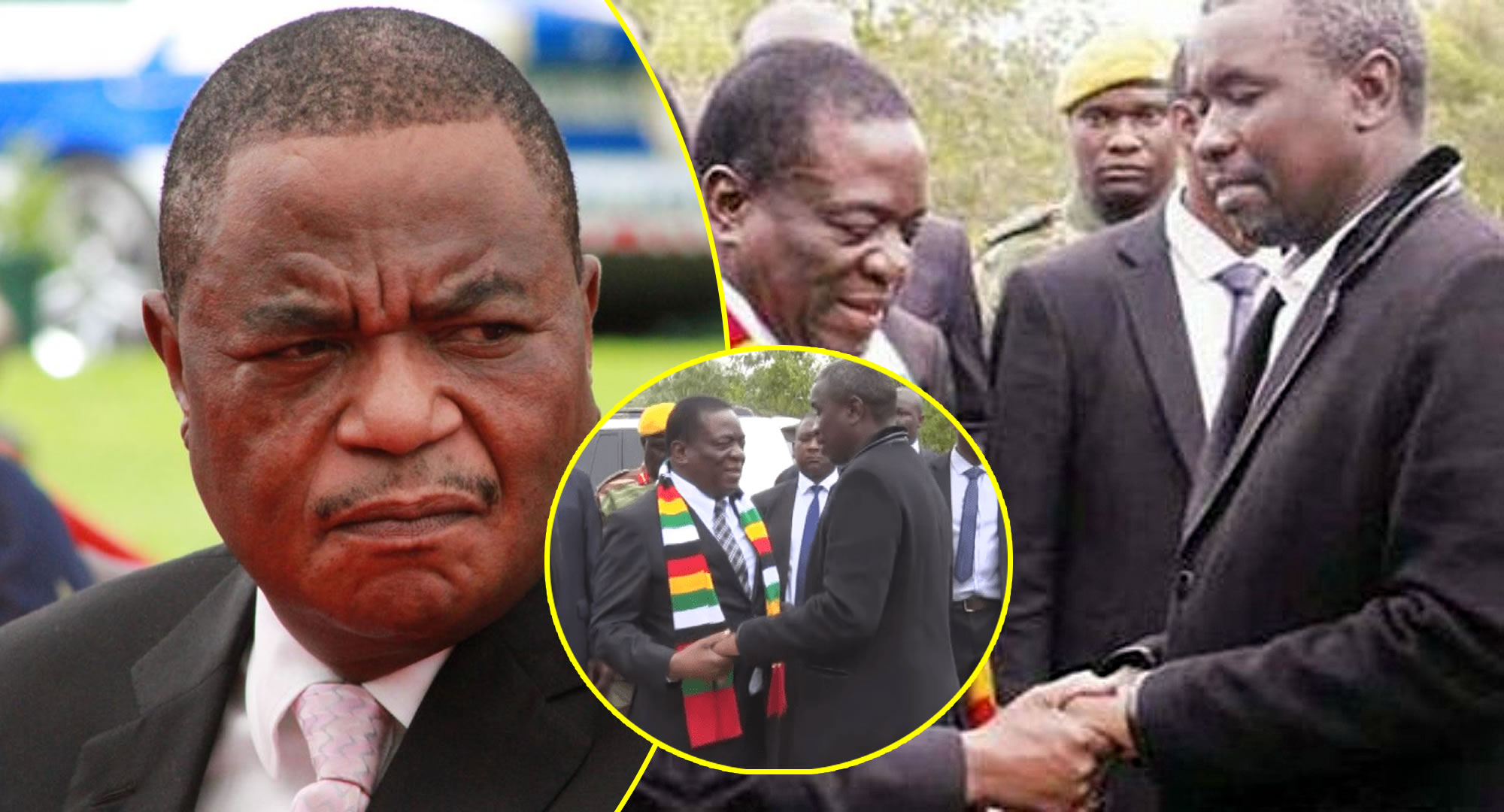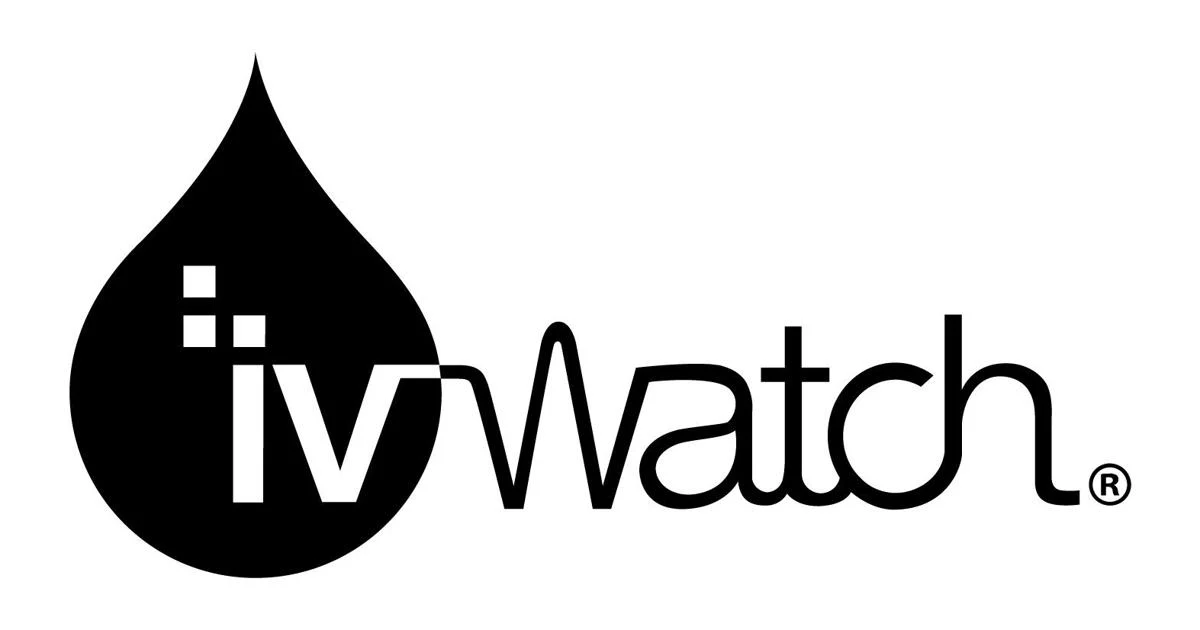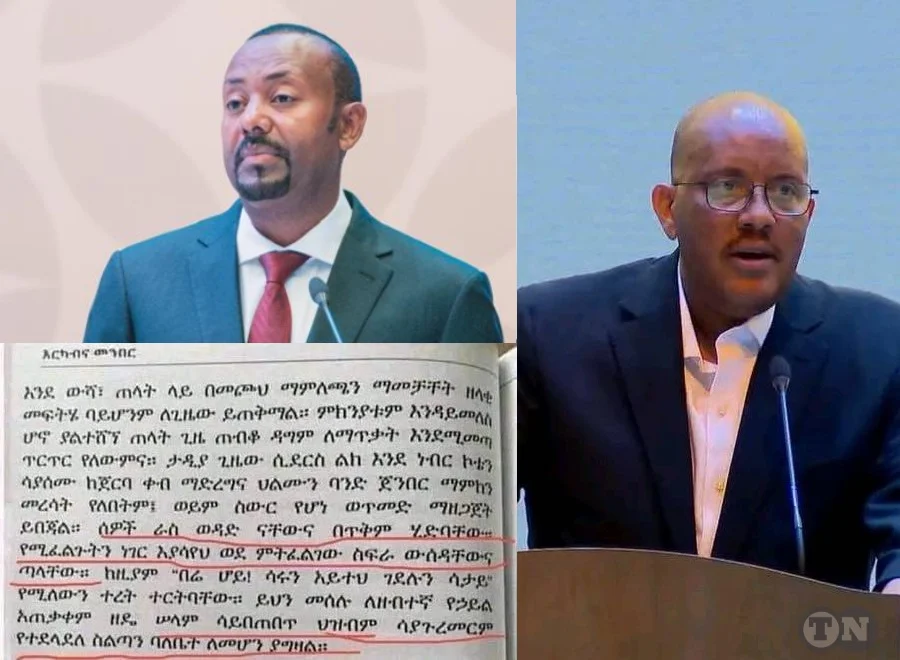General Chiwenga confronts Mnangagwa in Zanu PF Politburo meeting over Tagwirei’s looted billions, demands his arrest
By President Emmerson Mnangagwa,Staff Writer
Copyright myzimbabwe

HARARE – Zimbabwe’s ruling Zanu PF party is in the throes of a major crisis following an explosive confrontation between Vice President Constantino Chiwenga and President Emmerson Mnangagwa during a recent politburo meeting. The catalyst for this dramatic showdown was Chiwenga’s accusation that petroleum magnate Kudakwashe Tagwirei had looted billions of dollars from Zanu PF to buy influence and effectively capture the party.
The extraordinary allegations were made during a stormy politburo meeting on Wednesday, the last before the party’s annual conference next month. According to insiders, Chiwenga marched into the meeting armed with a dossier that stunned many in the room of nearly 50 members.
Chiwenga claimed that Tagwirei siphoned at least US$3.2 billion through Zanu PF’s shadowy stake in Sakunda Holdings — an investment few had ever heard of. The 45 percent shareholding, allegedly set up during Robert Mugabe’s presidency, was supposedly held in trust by President Emmerson Mnangagwa, Vice President Kembo Mohadi, and party legal secretary Patrick Chinamasa.
However, instead of the party benefiting from this investment, Chiwenga alleged that Tagwirei diverted the billions to fund loyalty networks within Zanu PF. These funds were allegedly channelled largely through flashy benefactors such as Wicknell Chivayo and gold dealer Scott Sakupwanya. GeoPomona boss Delish Nguwaya was also named as a key player in this scheme.
“He said the party had never received a cent,” one source recounted. “Instead, Tagwirei was using what was essentially Zanu PF’s money to capture its structures, with the complicity of the trustees.”
The vice president did not spare Mnangagwa himself, accusing the president of being the ultimate beneficiary of Tagwirei’s largesse. Chiwenga raged that Chivayo’s high-profile handouts — including last week’s donation of 10 luxury vehicles and US$1 million to provincial chairmen — were evidence of the rot.
In a curious twist, presidential spokesman George Charamba rushed to clarify that the vehicles were party property, contradicting Chivayo’s boast that they were “personal” gifts — a position that appeared to support Chiwenga’s argument.
The exchanges grew even sharper when state security minister Lovemore Matuke accused Chiwenga of plotting to seize power by force. Chiwenga snapped back, reminding Matuke of his liberation war record and loyalty to the party. He even dared him to ask Mnangagwa “who got him out of the country in 2017 when Mugabe had fired him?”
Chiwenga, according to the source, said if he removed Mugabe and invited Mnangagwa back to lead from his South Africa exile, “what makes Matuke think he now wants to remove him undemocratically?”
Mnangagwa, clearly unsettled, announced that a committee of Obert Mpofu, Oppah Muchinguri and Chinamasa would investigate Chiwenga’s claims. Yet by Thursday, sources said the president was mulling whether to cancel his scheduled trip to the United Nations General Assembly to manage the escalating crisis.
The drama spilled into the following day. In a breach of tradition, Mnangagwa pointedly avoided the customary pre-briefing with Chiwenga and Mohadi before a central committee meeting at the party headquarters. Instead, he headed straight to the main hall, forcing his deputies to “scramble downstairs” to catch up with him.
During his speech, Mnangagwa appeared to row back from declarations by some of his loyalists, led by Daniel Garwe, that there would be no elections in 2028.
“It is therefore of critical importance that we introspect as a party, not only with regards to our short term activities, but in view of the bigger objective that our party wins the 2028 harmonised general elections,” he said.
The clash has laid bare Zanu PF’s deepest fault lines: Chiwenga, long seen as Mnangagwa’s inevitable successor, is resisting efforts to extend Mnangagwa’s presidency beyond 2028. Meanwhile, Mnangagwa’s loyalists — many fearing arrest by a Chiwenga government — are pushing for him to stay in power, with some touting the sanctioned Tagwirei as a possible successor.
For now, both camps appear entrenched. As Zanu PF heads into its October conference in Mutare, the confrontation has set the stage for a bruising power struggle at the very heart of the party.
Meanwhile, in a separate event, President Emmerson Mnangagwa yesterday challenged members of the women’s league to shun division in the ruling Zanu PF party, which is battling factionalism over succession. Mnangagwa was speaking during the launch of the Zanu PF Women’s League Empowerment Fund in Harare.
The ruling party is divided over calls by Mnangagwa’s supporters to extend his term in office beyond the constitutional two-term limit.
His term in office ends in 2028, but his supporters want him to continue in office until 2030.
However, Mnangagwa insists that he will leave office and let the party and Zimbabwe choose a new leader.
“Expose, denounce and reject those who try to fragment the women’s league and divide the party,” he said.
“Finally, I commend you all and our partners for the unity of purpose in our party work and the implementation of programmes and projects.”
Speaking on the empowerment fund, Mnangagwa said the ground-breaking initiative stood as a beacon of hope that would accelerate the realisation of high-impact programmes and projects.
“The Presidential Women’s Empowerment Fund is designed to be a powerful engine for economic growth, social inclusion and transformation to ensure development that leaves no one and no place behind,” he said.
“When women have economic power and sustainable sources of livelihoods, we are guaranteed that families are sustained, while communities are developed, step by step, brick by brick and stone upon stone.
“Most women by nature are builders and agents of transformation. Under the guidance and leadership of the women’s league, the women of our country will be enabled and motivated to work towards a brighter and more prosperous future for generations to come.”
Mnangagwa said the programme was for the benefit of all the women of Zimbabwe, calling on the women’s league to take an all-inclusive approach in the identification and selection of beneficiaries of the empowerment fund.
“Women play a critical role in the maintenance of families and community values as well as nurturing and shaping future generations,” he said.
“To this end, by empowering women, the party and government, under my leadership, are investing in their personal growth and development for the wellbeing and prosperity of communities and the nation at large.
“Be assured that, as the ruling revolutionary mass party, we continue to empower you as the women of our country and provide you with critical resources, support and opportunities.”
The Zanu PF first secretary said the party’s empowerment would go beyond financial support and extend to equipping the women with the skills and knowledge to transform their lives and communities, beginning at the household level.
“The fund we are launching today is, therefore, a holistic empowerment tool that encompasses economic independence as well as social, emotional and intellectual growth,” he said.
Mnangagwa applauded Zimbabwean women for being resilient in the midst of various economic shocks such as sanctions and climate change.
“Your collective efforts towards investing in children’s education and healthcare as well as in projects that help to lift many of our communities out of poverty into prosperity, are applauded,” he said.
“Your business and entrepreneurial undertakings in agriculture, manufacturing, small and medium enterprises, tourism and construction, among other sectors, are creating jobs and economic opportunities in our communities.
“Additionally, through philanthropy and volunteerism, you are driving social inclusion, unity, cohesion and development.”
He called on beneficiaries of empowerment programmes to choose viable projects that are sustainable and profitable.
“Your projects must have clear market demand and should demonstrate potential for growth and profitability, while having broad-based impact,” he said.
“This should include propelling exportled production, as well as creating value and supply chains in high-growth industries.”
The power struggle within Zanu PF, laid bare by Chiwenga’s accusations, is likely to intensify as the party approaches its October conference in Mutare.



